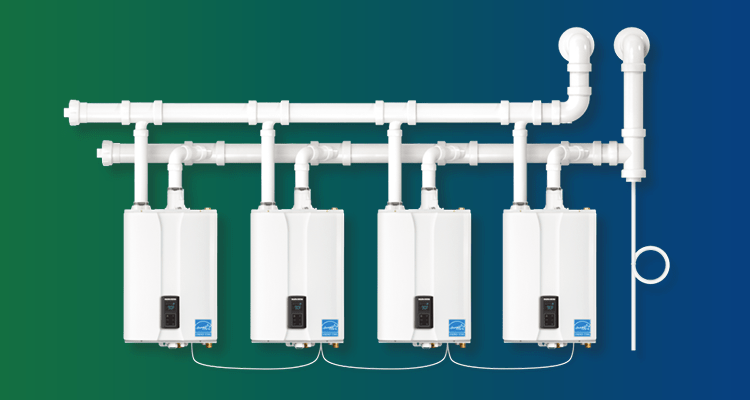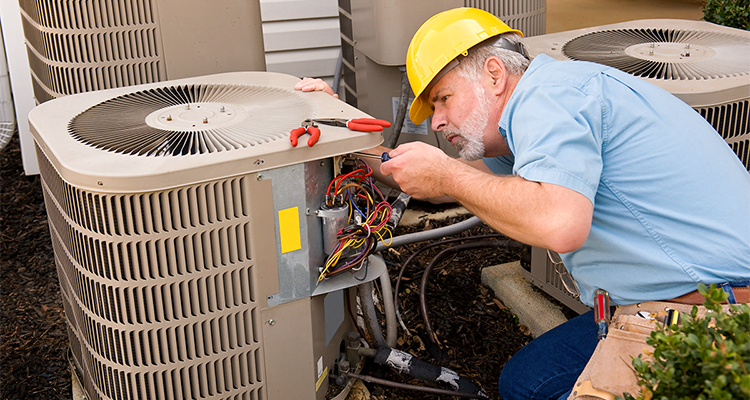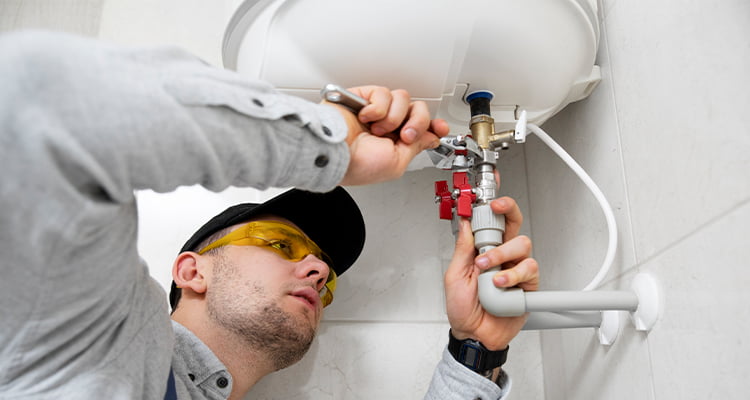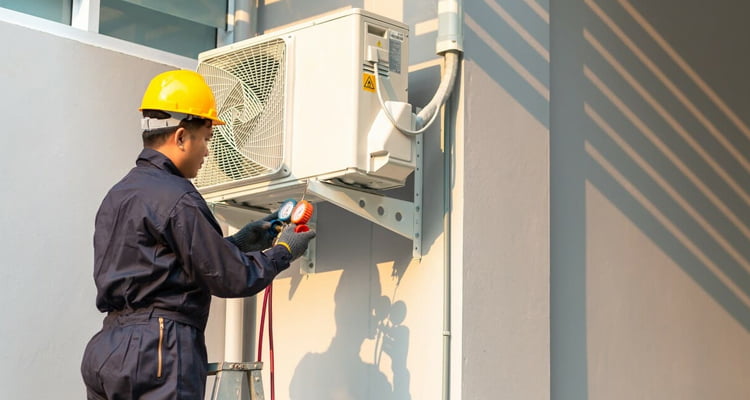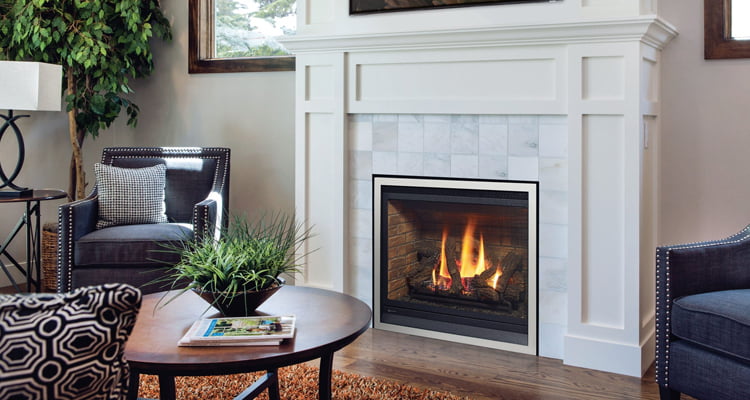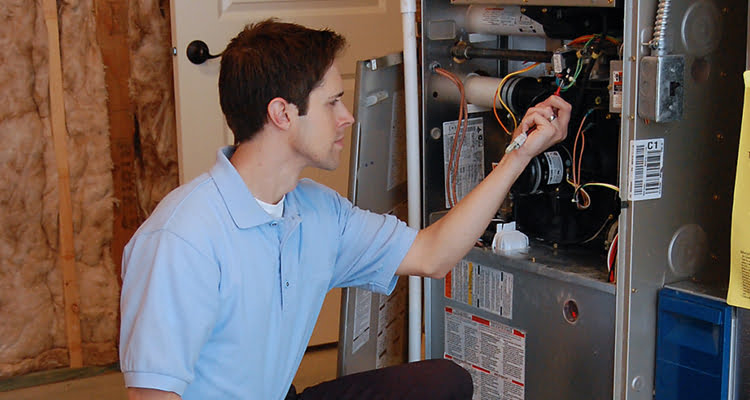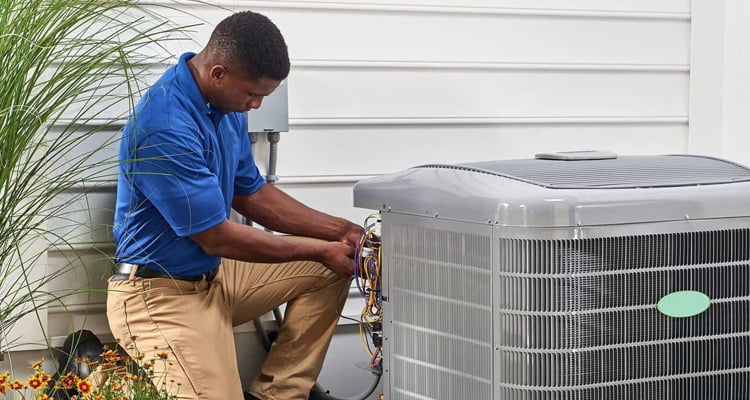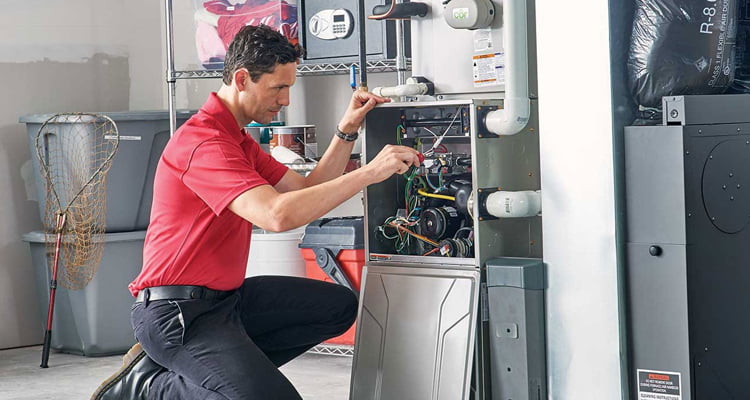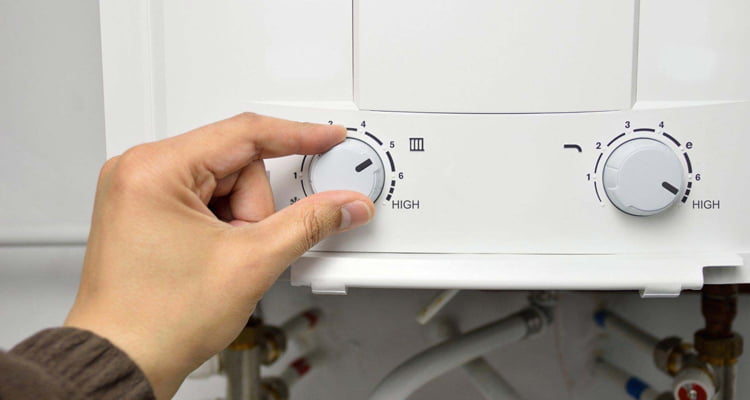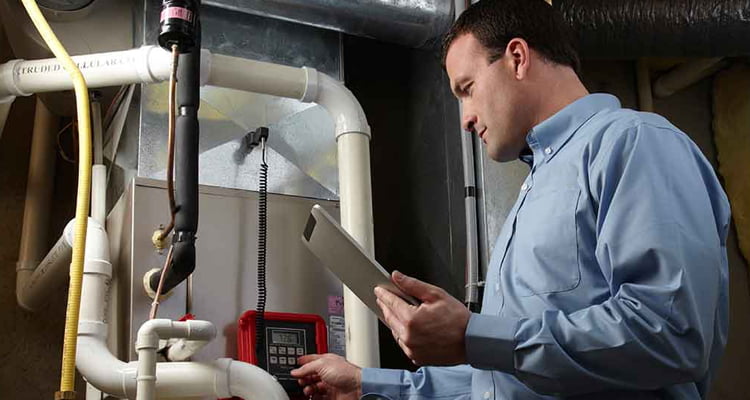In the realm of home heating, gas boilers stand out as reliable and efficient options. As winter approaches, ensuring your home is equipped with the right gas boiler becomes crucial for maintaining a warm and comfortable living space.
This comprehensive guide aims to assist homeowners in making informed decisions when selecting gas boilers, with a focus on the crucial aspects that contribute to optimal heating. Whether you’re upgrading your existing system or installing a new one, this guide will help you navigate the choices and find the perfect fit for your home.
Also Read: Ultimate Guide To Boiler Installation: Key Considerations And Tips
Understanding The Basics Of Gas Boilers
Gas boilers are central to the heating systems in many homes, operating by burning natural gas to generate heat. The basic components include a burner, combustion chamber, heat exchanger, and controls. Understanding these fundamental elements is essential in choosing the right gas boiler for your home.
Types Of Gas Boilers
Combi Boilers: Combining the functions of a water heater and central heating boiler, combi boilers are space-saving and energy-efficient. They provide hot water on demand, eliminating the need for a separate water tank.
System Boilers: Ideal for larger homes, system boilers incorporate a separate water cylinder for hot water storage. They are suitable for households with multiple bathrooms and a higher demand for hot water.
Conventional Boilers: Also known as regular or traditional boilers, these systems consist of a boiler, an expansion tank, and a separate hot water cylinder. They are suitable for homes with existing heating and hot water systems.
Efficiency Ratings
Gas boilers come with efficiency ratings, indicating how effectively they convert fuel into heat. Higher efficiency ratings mean lower energy consumption and reduced utility bills. Look for boilers with the ENERGY STAR label, as they meet strict energy efficiency guidelines set by the Environmental Protection Agency (EPA).
Sizing Matters
Choosing the right size of gas boiler is critical for efficient and effective heating. An undersized boiler may struggle to meet the heating demands of your home, while an oversized one can lead to inefficiency and increased energy costs.
Heat Load Calculation
Performing a heat load calculation involves assessing the heating requirements of your home based on factors such as insulation, square footage, and climate. This calculation ensures that the selected boiler has the capacity to meet the heating demands without unnecessary energy wastage.
Consultation With HVAC Professionals
Engaging with a reputable HVAC company is crucial in determining the correct boiler size for your home. Professionals can conduct a thorough assessment, taking into account your home’s unique characteristics and heating needs.
Fuel Options And Efficiency
Gas boilers primarily use natural gas as fuel, but it’s essential to consider the availability and cost of different fuel options. Additionally, understanding the boiler’s efficiency and its impact on long-term savings is crucial.
Natural Gas Vs. Propane
Most residential gas boilers run on natural gas, but in areas where natural gas is not available, propane is a viable alternative. While the efficiency and performance of the boiler are not significantly affected by the choice of fuel, the availability and cost of natural gas or propane can influence your decision.
High-Efficiency Boilers
Investing in a high-efficiency gas boiler can lead to substantial long-term savings. Look for boilers with Annual Fuel Utilization Efficiency (AFUE) ratings of 90% or higher. Modern condensing boilers, in particular, capture and reuse heat that would otherwise be lost, maximizing efficiency.
Technology And Features
Advancements in boiler technology have introduced various features that enhance efficiency, convenience, and overall performance. Consider the following features when choosing the right gas boiler for your home:
Programmable Thermostats
Integrating a programmable thermostat with your gas boiler allows for precise temperature control and scheduling. This feature helps optimize energy usage and ensures that your home is heated only when needed.
Zoning Systems
Zoning systems divide your home into different heating zones, each with its thermostat. This allows for individualized temperature control in specific areas, improving efficiency and comfort.
Smart Home Integration
Some gas boilers are compatible with smart home systems, enabling remote control and monitoring through mobile devices.
This feature provides homeowners with flexibility and the ability to adjust heating settings on the go.
About Pro West Heating & Air Conditioning
Pro West Heating & Air Conditioning specializes in comprehensive HVAC installations, repairs, and maintenance services with a steadfast commitment to customer satisfaction.
As a Vancouver-based Heating and Air Conditioning company, we excel in repairing, installing, and maintaining central and wall-mounted air conditioners, heating systems, hydroponics, and humidifiers. Our dedicated team prioritizes delivering top-notch services to ensure comfort and peace of mind.
Contact us today to schedule an appointment or discover more about our professional HVAC solutions.
